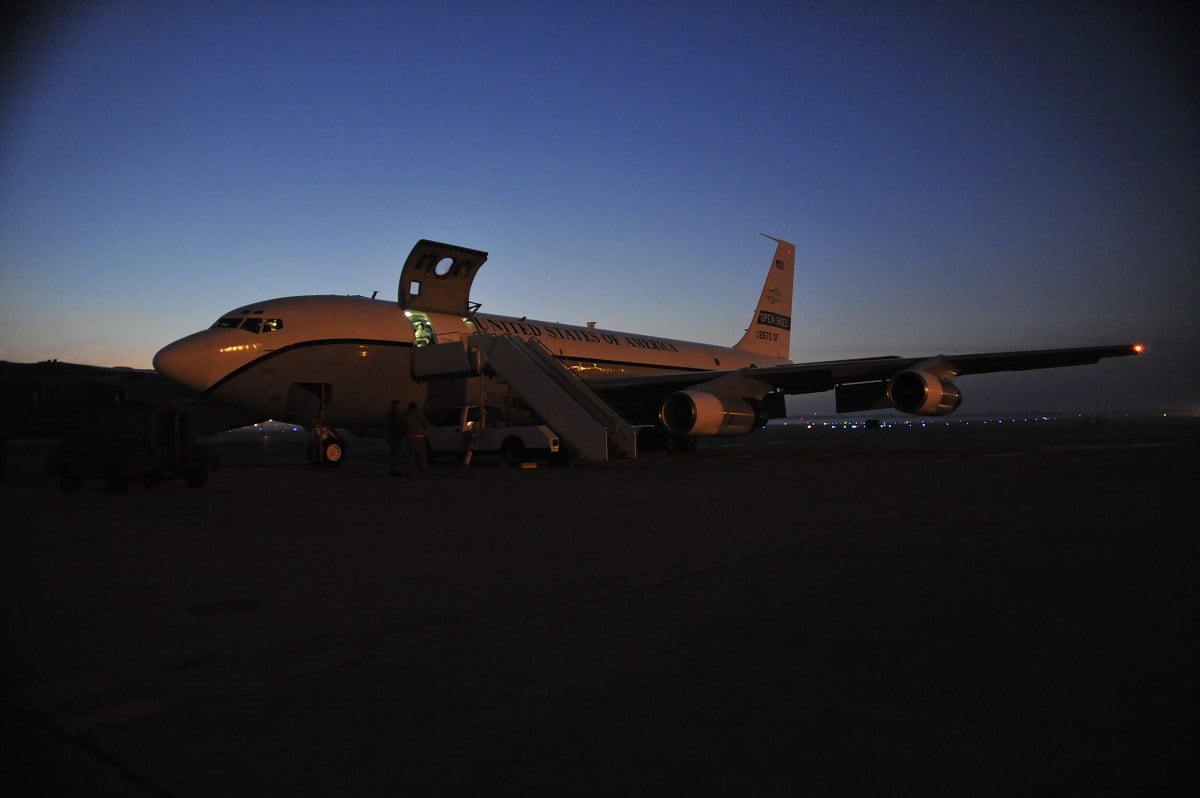WASHINGTON — U.S. President Donald Trump over the weekend announced at a campaign rally his intention to withdraw the country from the Intermediate-Range Nuclear Forces Treaty, an agreement between the U.S. and Russia to not field ground-launched missiles with ranges between 500 and 5,500 kilometers. The announcement drew applause from the treaty’s critics and disapproval from its advocates, but on a conference call hosted by the Atlantic Council on Monday, members from both parties agreed the way in which Trump announced his decision has further depreciated America’s standing on the world stage.
National security adviser John Bolton reportedly recommended to Trump that the U.S. withdraw from the treaty, and Defense Secretary Jim Mattis has said that “Russia must return to compliance with the INF Treaty, or the U.S. will need to respond to its cavalier disregard of the treaty’s specific limits."
If Russia is not abiding by the terms of the agreement, then it no longer is an arms control agreement, but unilateral restraint, so the argument goes. And Trump believes Russia has violated the terms of the treaty.
Richard Burt, the former U.S. chief negotiator of the Strategic Arms Reduction Treaty, a participant in the INF Treaty negotiations and a supporter of the deal, said it’s undeniable Russia has violated the treaty since at least 2014.
“The problem we now confront is the way the Trump administration has handled this,” Burt said on the conference call. “The overwhelming view of people, not only in the United States and Russia but around the world, will be that it was the United States that killed this treaty. The handling of this decision is just simply god awful.”
Gen. Philip Breedlove, former NATO supreme allied commander Europe, expressed dissatisfaction with the seemingly lack of consultation with U.S. allies.
“We cannot have this be seen as U.S. unilateralism, that would be the very worst," he said. "We have to take action, it needs to be in accordance and in coordination with our allies ... we have to embrace Europe and move forward with Europe.”
RELATED

Jim Miller, former undersecretary of defense for policy under President Barack Obama, agrees that Russia needs to face consequences for not complying with the INF treaty, but disagrees with the Trump administration’s process. “The rollout of this decision put the U.S. in the position of being the one that will have killed the treaty, and that will be detrimental to our ability to work not just with Russia or China, but our allies as well, and it will be detrimental to our ability to sustain the New START Treaty, which is even more in the U.S. interest than the INF treaty,” Miller said.
The New START Treaty, an agreement also between the U.S. and Russia, is meant to limit and reduce specific types of nuclear-armed missiles.
“Looking ahead, the New START treaty will be gone in 2021 unless it is extended,” Burt explained. “The INF failure and the failure to get into discussions about extending New START is a sign of the U.S. sleepwalking into a new nuclear arms race. This is going to have consequences for the U.S. and our allies that we haven’t thought through."
Some proponents of an INF withdraw discount the claim that the U.S. will be seen as responsible for discarding it. Frank Miller, former senior director for defense policy and arms control on the National Security Council and one of the architects of the 2018 Nuclear Posture Review, said that the INF Treaty is “dead because Russia killed it, they killed it deliberately."
"They made a decision in 2012-2013 at the highest levels to have a covert program to design, test and now deploy battalions of a prohibited system. And to argue [the treaty] still exists is to believe in unicorns,” Miller said, adding: “I would not have rolled it out this way.”
Daniel Cebul is an editorial fellow and general assignments writer for Defense News, C4ISRNET, Fifth Domain and Federal Times.








